In the Overcoming blog series, we have been talking about—well—overcoming problems. In this process, it helps to:
- Remember who Jesus is, and what God can do.
- Accept the truth that problems are a part of life.
- Jesus has overcome the world. He has conquered the ordered system of evil we live in.
But how do we apply this to our everyday lives?
Four practical steps to overcoming problems:
1. Face your problem
- Face the problem honestly. Don’t avoid it, blame someone else, or pretend it isn’t really a problem. In intense emotional reaction to a situation, especially if it seems out of proportion to the facts, may be a clue to you that you have an unidentified issue; examine it with courage.
- Identify YOUR problem. Ask questions. For example, if you have a problem with a coworker, ask yourself, “What is happening? What is my reaction? What reasons might I be reacting this way? Am I making false assumptions? Generalizing? Why?” Asking questions helps you get to the real problem, which may be that this co-worker triggers something from your past and brings up old pain.
- Don’t let problems become your identity; keep the problem the problem. For example, say “I experience anger in certain situations” not “I am an angry person.” And don’t generalize about someone else, as in, “They are a no-good-very-bad person because they make me angry.”
- Be willing to change in your reaction to the problem. Problems are opportunities and avenues for change. Be flexible and teachable. Own your own emotions. Be willing to change.
2. Focus on God by giving thanks.
Giving thanks is a powerful way to return our attention to God, and put our problems in perspective. Give thanks for the following:
- The situation, and that you are learning from it.
- Who God is, and his faithfulness to you.
- What God is showing you about the dilemma you are facing, and what His perspective might be.
- What God offers you: strength, direction, His presence, and–most important–his promise to work everything to a good end.
3. Follow God’s Leading: ACT
- ACT: Step forward in the direction you sense God is leading.
If you really don’t know what to do, wait for clarity, if possible. If a decision is pressing, align your choice with previous ways He has led. Use your best judgment, after reviewing as much information as possible. - Sometimes you will misunderstand what He is telling you, and head off course. That’s OK. It happens a lot, actually. It is part of the process of learning to listen and follow. Think of it like this: it is much easier to steer a moving ship than one that is dead in the water. As you go, God will adjust your path and redirect you as needed.
4. Repeat
- When you face difficulties, it is great to have a solid habit in place for dealing with challenges. Repetition creates habit. As you choose over and over to face, focus, and follow, you will build a pattern of strength and wisdom to address the next problem. Which, after all, is only two weeks away!
‘Do not fear, for I am with you; do not anxiously look about you, for I am your God. I will strengthen you, surely I will help you, surely I will uphold you with My righteous right hand.’ Isaiah 41:10 NASB
Share with us! What practical tips do you use to overcome problems in your life?
Related posts: Learning to Fish, Our Problems Are Not The Problem


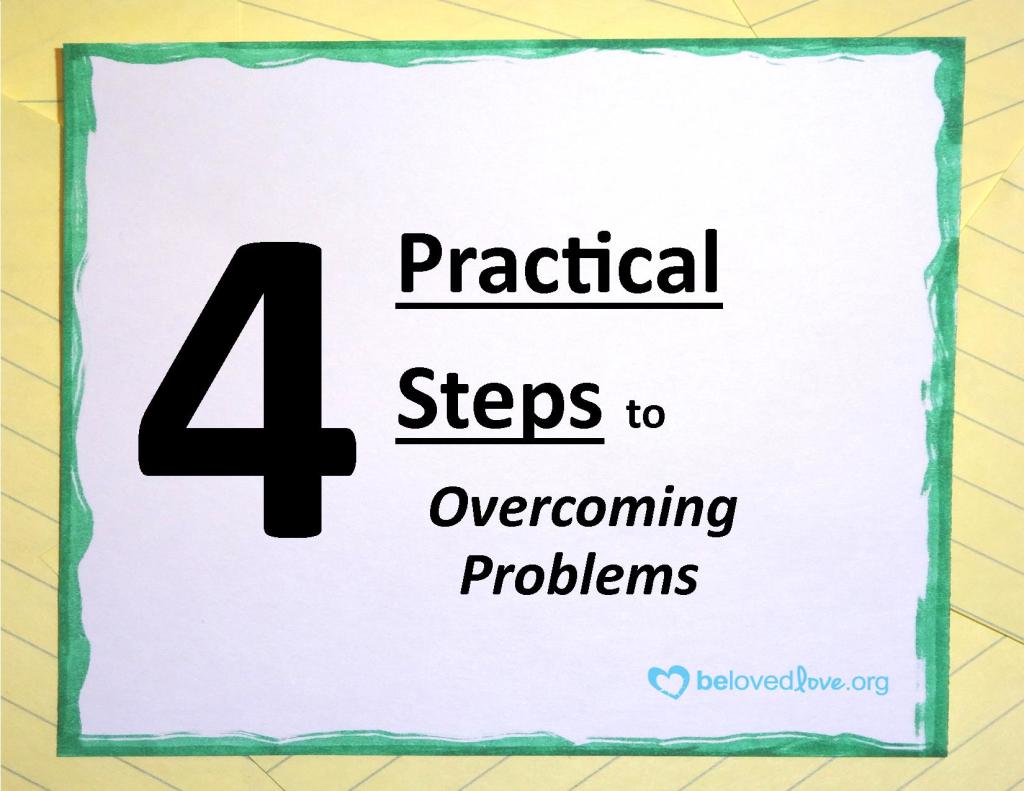




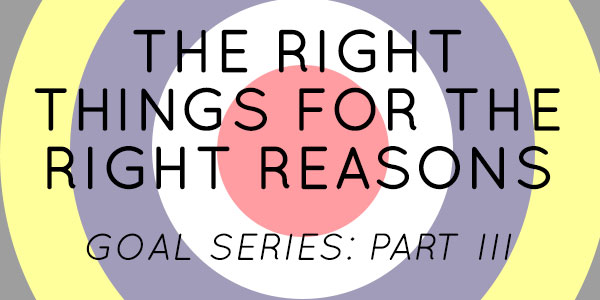
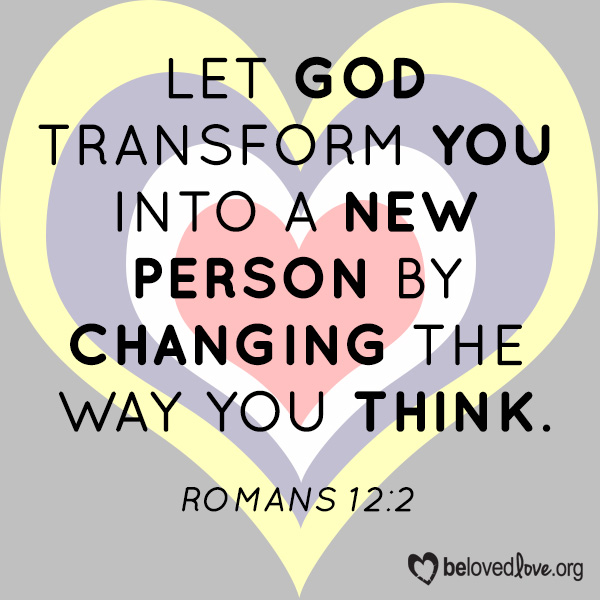
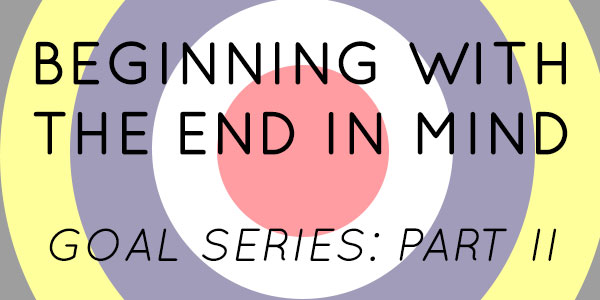
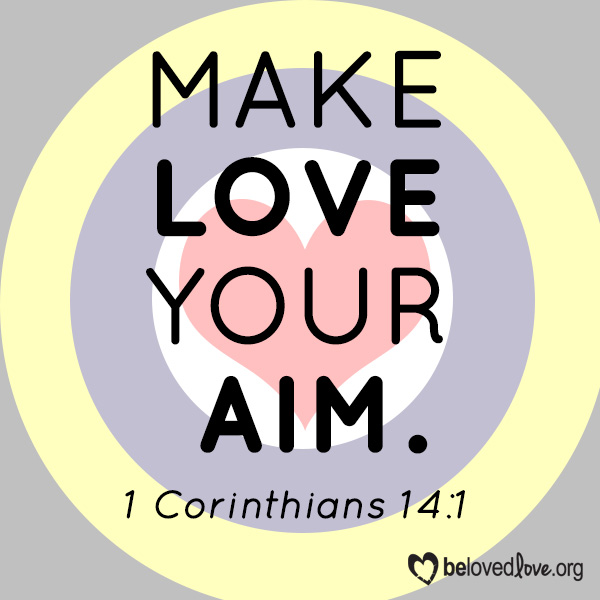
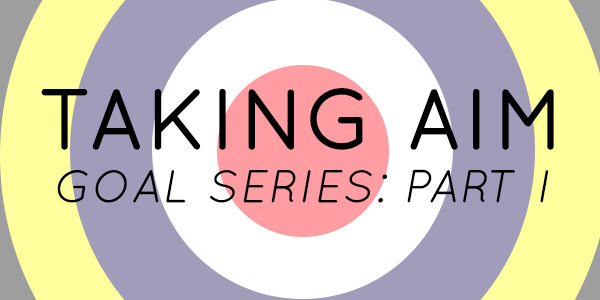
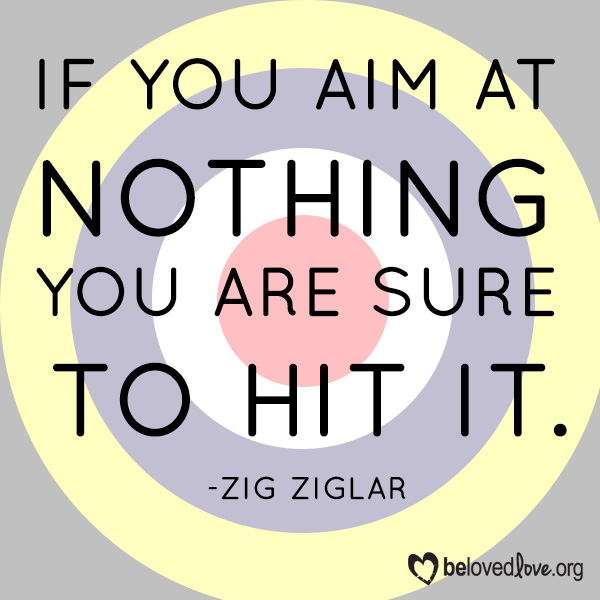
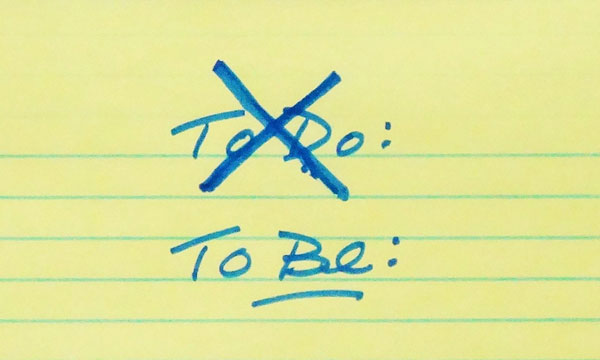

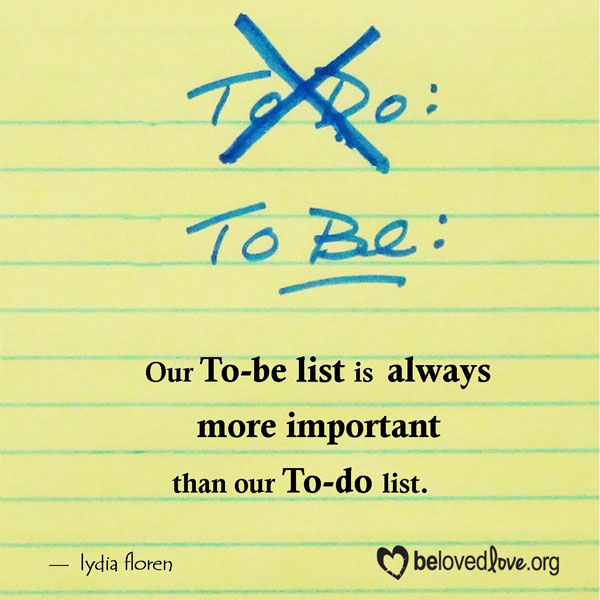
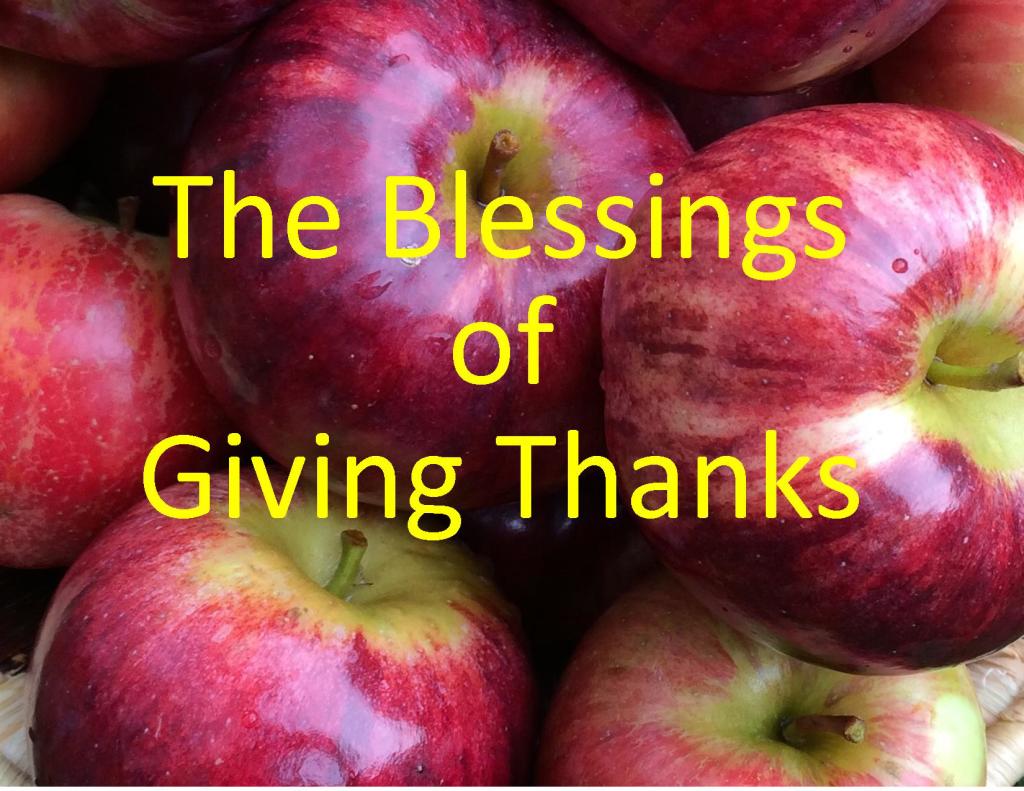

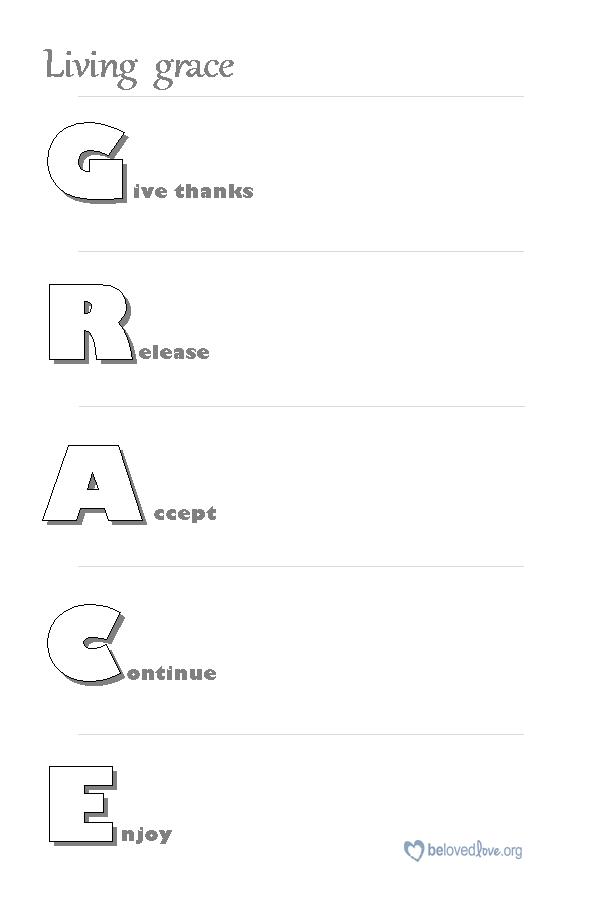
 Busy-ness is a persistent parasite, like barnacles on a sea shell. Busy-ness attaches itself to my life through “extra” expectations and goals and plans. If I allow these barnacles to grow and multiply, my priorities and my calling become almost unrecognizable. I come to believe that these embellished plans are God’s will for me, and I convince myself that no one but I can accomplish these plans–not even God. My time is consumed by either working on these altered plans, or worrying about them. Gone is my willingness to begin each day in God’s presence, and to seek His guidance throughout my day. There is no time. I must hurry. There is much to do.
Busy-ness is a persistent parasite, like barnacles on a sea shell. Busy-ness attaches itself to my life through “extra” expectations and goals and plans. If I allow these barnacles to grow and multiply, my priorities and my calling become almost unrecognizable. I come to believe that these embellished plans are God’s will for me, and I convince myself that no one but I can accomplish these plans–not even God. My time is consumed by either working on these altered plans, or worrying about them. Gone is my willingness to begin each day in God’s presence, and to seek His guidance throughout my day. There is no time. I must hurry. There is much to do.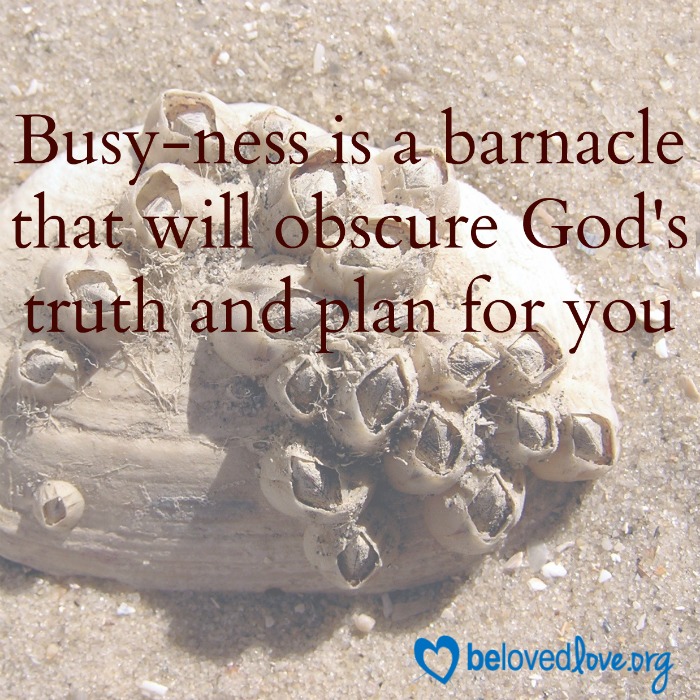 By Lydia Floren
By Lydia Floren